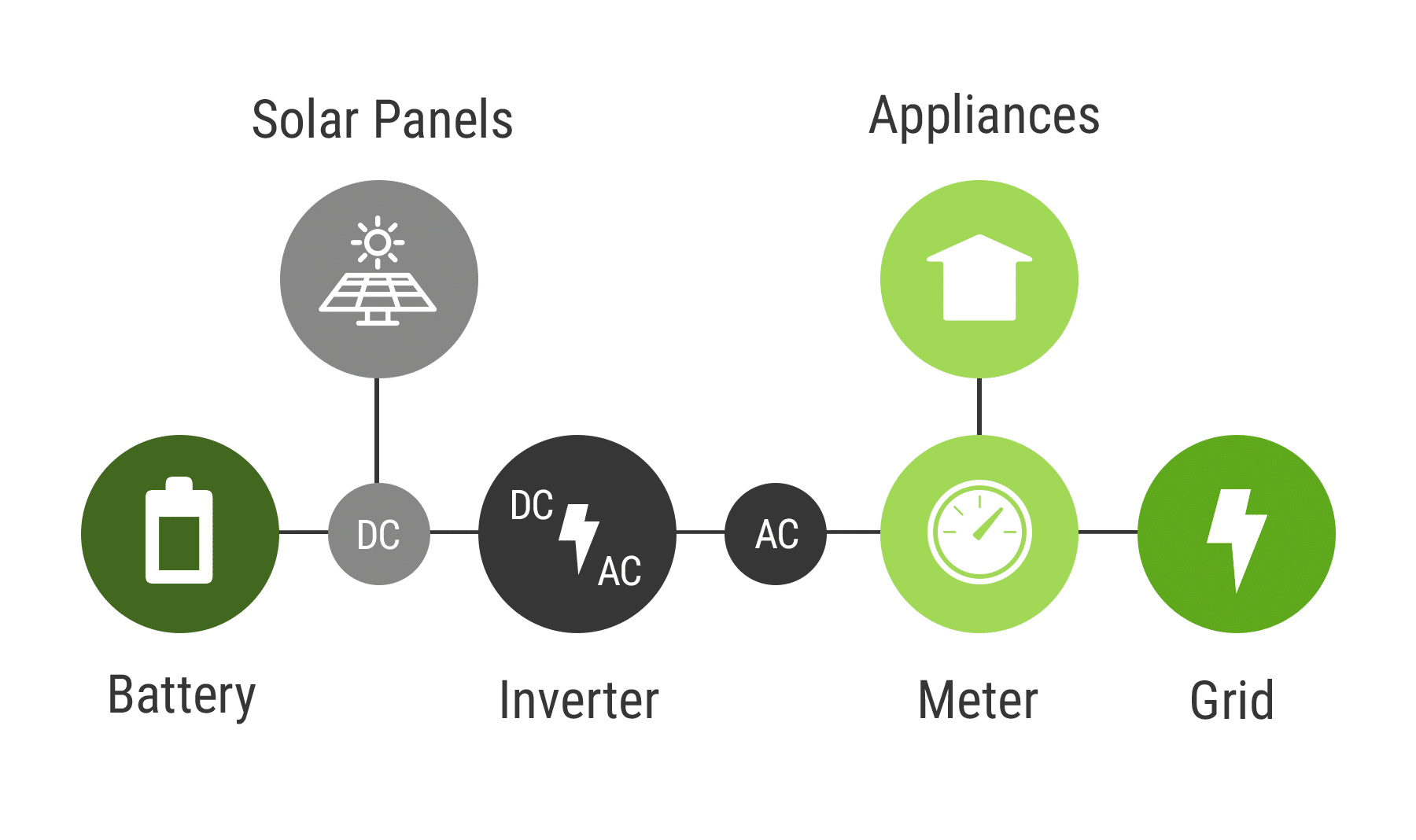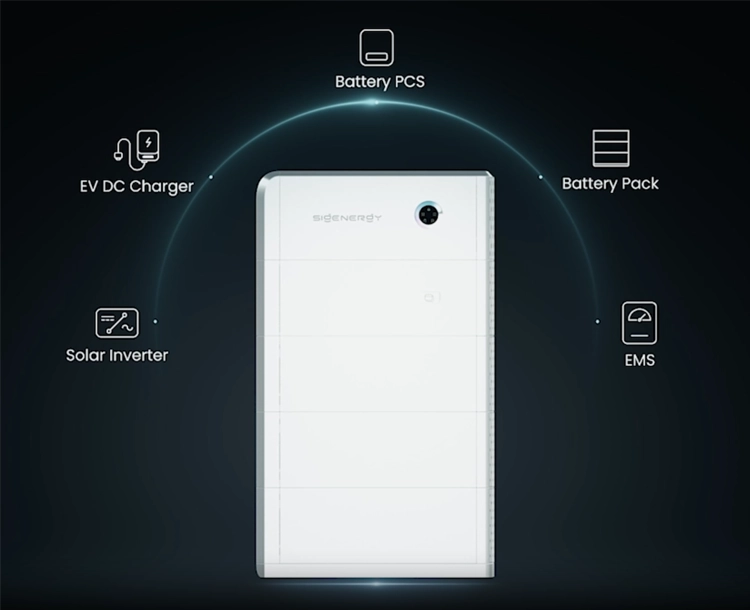A Guide To Solar Power For Newcastle Homeowners
- Logan Haggerston

Going solar might be a no-brainer for homeowners in Newcastle, especially during a hot Summer like the one we are having right now.
Before jumping into the decision we recommend you do your research. This guide is a great place to start.
We’ve put together some of the benefits of solar as well as factors you should consider before installing solar on your Newcastle roof!
Benefits Of Installing Solar Panels In Newcastle
If you’ve been researching solar, you probably already know the benefits of making the switch:
- Solar power can save you money
- Reduce the need to generate electricity from fossil fuels
- Reduce carbon emissions
- Create your own electricity
- The ability to add batteries and other components to your system in the future
- Increase the value of your home
- Have a reliable energy source
- Store power during the day with battery storage and use it at night for more efficiency
These are the general benefits you’ll find listed on any solar installer’s site. However, you should also consider the benefits of installing solar in your specific location.
If you live on or around Newcastle, here are some more specific benefits you may not be aware of:
- You may be entitled to a number of small-scale technology certificates (STCs) based on your location and other factors
- You may be eligible for financial incentives, subsidies, loans or grants from the Government for your installation
- You may be eligible for a feed-in tariff payment for any electricity you don’t use and export to the grid
- Make sure you ask your installer about which of these benefits apply in Newcastle so you are aware of how you can save!
Now let’s move on to what you need to consider before you install solar on your roof.
7 Factors To Consider Before Installing Solar On Your Newcastle Roof
Here are the seven most important factors you’ll need to consider before installing solar in Newcastle:
1. The solar panels themselves
Solar PV panels on roofs of homes and businesses generate clean electricity by converting sunlight into usable electricity. This conversion takes place within the solar cells and is a process that requires no moving parts. HCB Solar only use high quality, durable and long lasting solar panels from reputable solar manufacturers that we trust to be around for a long time.
2. Inverter solutions
A solar inverter converts the variable direct current (DC) output of a photovoltaic (PV) solar panel into a 240V alternating current (AC). This AC electricity can be fed into your home to operate your household appliances. Long lasting solar systems for the Australian climate require high quality inverters. Unfortunately, lower quality inverters and panels have failed to perform under Australian conditions in large numbers and failed in as little as 2 years.
If you want more information on how panels and inverters work together plus 3 types of systems, visit our Residential Solar page.

3. Battery storage (if applicable)
Since 2015 solar storage batteries have reduced steadily in cost to the point that pay back for many households is coming down from more than 10 years towards 7 years and less. At HCB Solar we use Tesla and LG Chem batteries. These are the most reliable on the market.
4. Mounting systems
Solar systems are mounted to roofs with a mounting system using various railings, frames and tiles or tin feet. Most mounting systems are made of aluminium with stainless steel hardware and are designed to accept a variety of solar modules on a variety of roof types. Purchasing a strong and well engineered mounting system is the sensible way to protect the investment you have made in your solar system as they will be more rigid. The standard mounting frame warranty is 10 years. HCB Solar uses Schletter mounting systems.
5. System size
Your solar system is rated according to the number of Watts it can produce per hour. There are a number of tools online to help you calculate what system size you will need. Try out the LG Solar Calculators (find out ROI, payback, savings, what system you need based on your roof size, and more).
6. Shading
The amount of electricity generated by your solar system directly relates to the amount of sunlight that your PV panels receive. The more your solar modules are covered in shade, the less electricity your system will generate.
Key Takeaways
- Solar power offers cost savings, environmental benefits, and increased home value for Newcastle homeowners.
- Considerations for installation include panel and inverter quality, potential for battery storage, mounting systems, system size, shading impact, and system longevity.
- Newcastle-specific benefits include eligibility for small-scale technology certificates (STCs), government incentives, and feed-in tariff payments.
- High-quality solar components are essential for durability and performance in the Australian climate.
7. How long your system will last
The key components susceptible to failure in your solar system are the solar panels, the inverter and some components like fuses and isolators. The key warranty for solar panels is the Manufacturer’s Warranty. Make sure you understand what is included in the Manufacturer’s Warranty so you aren’t surprised by any costs.
All of this information and more is available in PDF format in the Beginner’s Guide to Solar from LG and HCB Solar. It’s a great resource to have on hand if you’re thinking about solar.
Share
Our solar installation process
We aim to have your system installed within four to six weeks after signing the quote. During that time, our in-house design team ensures the system is tailored to your specific needs, and we secure grid connection approvals from Ausgrid or Essential, depending on your location.


